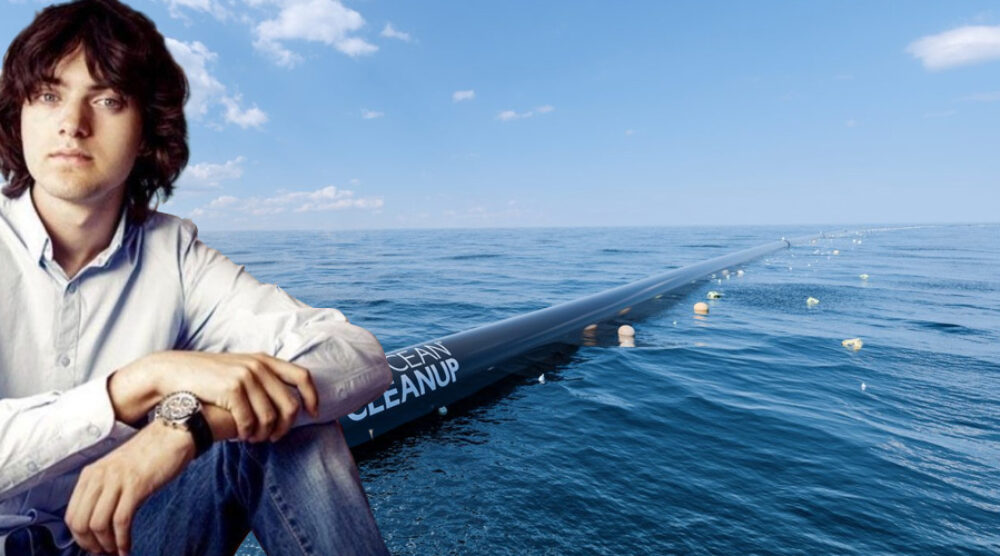Natural catastrophes and man-made disasters are constantly challenging our status quo. Some attribute these increasing threats to our consumption habits (e.g. fast fashion, over consumption) and suggest responsible consumption to respond to climate change. Arising from this has been the emergence of a new form of entrepreneur and that is the ‘ecopreneur’.
Who are ecopreneurs? My first thoughts when thinking of environmental innovations is to think of the replacements to our single-use products (such as water bottles, tote bags or organic menstrual cups). However, ecopreneurs’ initiatives go beyond this and range from cleaning the oceans such as Boyan Slat founder of The Ocean Cleanup initiative, to managing waste and transforming to sustainable business processes such as Substation 33. In other words, ecopreneurs (also known as sustainable or environmental entrepreneurs), are individuals who engage in a new venture with a common goal who bring value to society in conjunction with preserving the environment. Their personal values strongly influence the opportunities they might go on to exploit and, depending on the degree of commitment to change the world and their financial drive, ecopreneurs can be classified as a non-profit business, self-employer, opportunist and successful idealist.
To get a closer look at this I want to look at a few examples:
4Ocean
4Ocean is as a non-for-profit organisation that removes trash from the ocean and coastlines by commercializing reusable products made from recycled materials. But how did Alex and Andrew (4Ocean founders) come up with this idea? Their love for the ocean took them to Bali, where they expected to have a lifetime surf trip experience. What they didn’t expect to find is their arms caught on plastic when paddling on their surfboard or the feel of plastics wrapping around their skin when getting in the water. Encountering their holiday dream flooded with plastics and waves delivering more garbage with each break opened their eyes: ocean plastic crisis was real, and they had to do something about it. By putting local resources together (boat captains and local workers) to clean the ocean and commercialising their reusable products they became an international movement to inspire individuals to keep oceans clean “one pound at a time”.
Green values and passion are essential in becoming an ecopreneur.
Väcka Restaurant
Väcka, founded by Ana Luz and Maxime, is a small restaurant in the core of Gracia, Barcelona with a variety of innovative (and tasty) home-made vegan cheeses. But Väcka is not a normal restaurant, and its founders define it as a concept that emerged from the need to generate a paradigm shift in society and in the world that we leave to new generations. Ana Luz explains:
“Eating is an act of social transformation because every time we are consuming, we are supporting a type of economy, affecting our environment, the beings that inhabit it and finally the health of our bodies”
Therefore, with their new venture they aim to promote a local and collaborative economy. For example, their products (such as plant-based cheese) are developed in Nest City Lab, an urban lab that promotes and welcomes projects that advance towards a more sustainable lifestyle, and their coffee is supplied by Slow Mov, a local coffee roaster linked to fair, sustainable, local and organic trade. For Ana Luz and Maxime, it is core to their business to interact with other entrepreneurs in the neighbourhood and that our suppliers have local and ecological products.
Synthetic biology in food production
Animal production for food has been one of the major causes of air/water pollution and global warming. At QODE (Brisbane’s largest innovation festival) last month, an increased interest was given to synthetic biology, which could be used to develop meat substitutes and in turn contribute to a smaller environmental footprint in our food production. While the world’s first lab-grown burger was put on stage in a conference in 2013, it was last year when the coalition, Alliance for Meat, Poultry and Seafood Innovation (AMPS Innovation), was formed to innovate on seeking a pathway to market for cultured meat and seafood.
Ecopreneurs are leading a transformative revolution into society finding innovative solutions and business models to address climate change and developing a sustainable society (see Sustainable Development Goals). Motivated by passion towards green and animal life, ecopreneurs are an example of how value to customers and economic growth can be reached without compromising our environment at any stage of the value chain.
Dr Carla Riverola is a lecturer of entrepreneurship at the Department of Business Strategy and Innovation, Griffith University.






